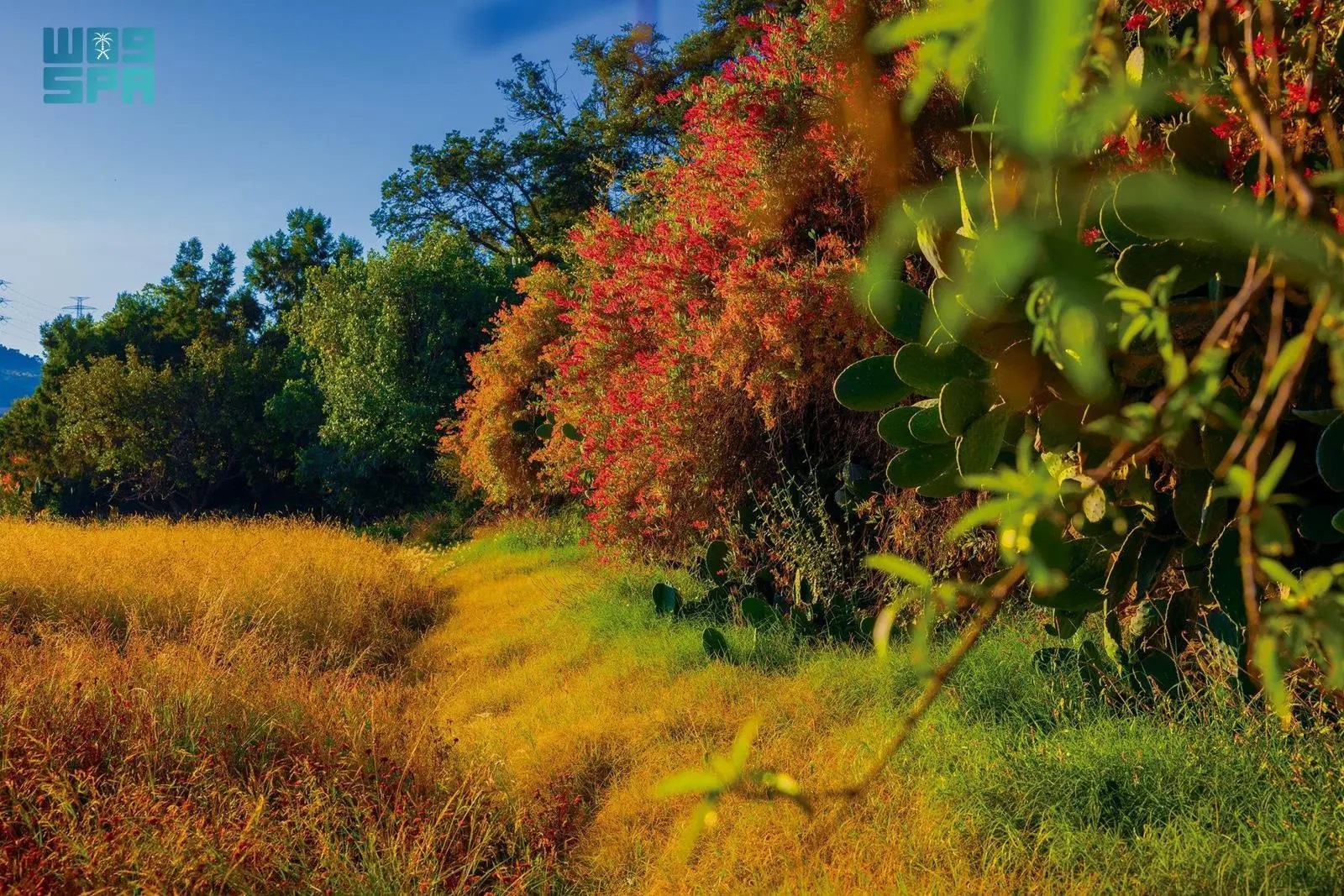
Saudi Green Initiative Drives Sustainable Development and Climate Action
Saudi Arabia, like many other countries, faces significant environmental challenges stemming from rapid population growth and industrial development. To address these challenges, the Kingdom is actively working to combat climate change, protect the environment, and reduce carbon emissions.
Saudi Arabia is committed to mitigating the impacts of climate change conform with international standards and agreements, such as the Paris Agreement.
The Kingdom is particularly vulnerable to the effects of climate change, given its arid climate and extensive desert landscape. To address these challenges, the Saudi Green Initiative was launched in 2021 by HRH Prince Mohammed bin Salman bin Abdulaziz Al Saud, Crown Prince and Prime Minister.
This ambitious initiative aims to reduce carbon emissions, plant 10 billion trees, and protect 30% of the Kingdom's land and marine areas. By adopting a circular carbon economy model and accelerating the transition to a green economy, Saudi Arabia seeks to achieve net-zero emissions by 2060.
The Saudi Green Initiative has evolved from a vision to a cornerstone of practical climate and environmental action. To support its ambitious goals and drive sustainable growth, over 80 initiatives were launched, backed by a substantial investment of $188 billion. These initiatives cover a wide range of areas, including afforestation, biodiversity conservation, emissions reduction, and the establishment of new nature reserves.
The Kingdom is making significant strides in transitioning to clean energy sources, restoring green spaces, and safeguarding biodiversity. By 2030, Saudi Arabia aims to become the world's leading exporter and producer of hydrogen, sequestering over 27 million tons of carbon dioxide equivalent through the annual production of four million tons of clean hydrogen.
The Saudi Green Initiative has helped the Kingdom make significant strides, accelerating energy transition. By 2030, the goal is to increase electricity production from natural gas to 50%.
Over the past year, the Kingdom has connected 1.3 gigawatts of renewable energy projects to the national grid, bringing the total renewable energy capacity to 4.1 gigawatts. This is sufficient to power over 750,000 homes. Four highly efficient gas-fired power plants, with a combined capacity of 5.6 gigawatts, have been commissioned.
The initiative has also helped the Kingdom achieve remarkable progress in afforestation and land rehabilitation. Over 95 million trees have been planted, and 111,000 hectares of degraded land have been restored, an area equivalent to over 172,000 football fields.
The Cabinet has designated March 27 as Saudi Green Initiative Day, to raise awareness about environmental sustainability and recognize the significant progress made since the initiative was launched in 2021.
The Saudi Green Initiative Forum, held annually, plays a crucial role in driving climate action and environmental conservation. The first forum, held in Riyadh in 2021, marked a significant milestone with the announcement of the Kingdom's ambitious goal to achieve net-zero emissions by 2060.
The subsequent forums, held in Sharm El-Sheikh and Dubai, showcased the Kingdom's commitment to sustainable development. Key achievements include a 300% increase in renewable energy share, the planting of over 43 million trees, and the establishment of the Circular Carbon Economy Knowledge Center.
This year’s two-day Saudi Green Initiative Forum, themed "Action is in our nature", started today in Riyadh, serving as a platform for international cooperation and dialogue on climate and environmental action. It is being held in conjunction with the UNCCD COP16, taking place in Riyadh from December 2 to 13, the first to be held in the Middle East and North Africa region, which aims to accelerate global action on land degradation, drought, and desertification.
COP16 seeks to mobilize urgent and concerted efforts to achieve the UNCCD's ambitious goal of restoring 15 billion hectares of land by 2030. With 90% of the Earth's soil at risk of degradation by 2050, this conference aims to address this critical issue and secure a sustainable future for our planet.








